25 Marvel Moments That Infuriated Fans Everywhere
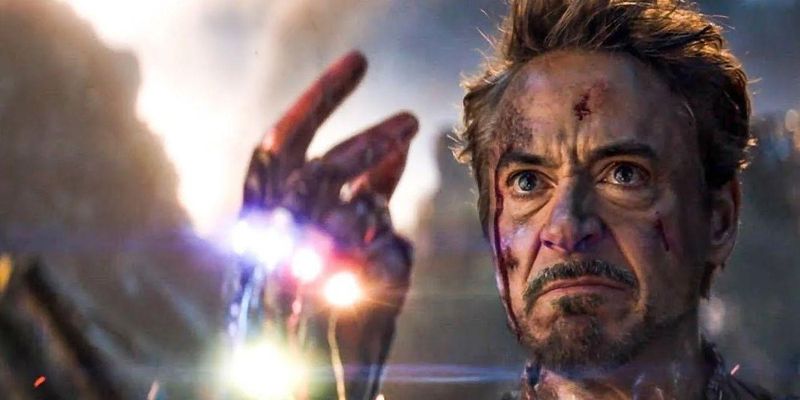
The Marvel Cinematic Universe has delivered some of the most jaw-dropping, cheer-worthy, and emotional scenes in modern movie history. But not every bold move landed the way Marvel hoped. In fact, some decisions sparked furious online debates, angry petitions, and heated theater arguments that still haven’t cooled down.
1. Iron Man 3’s Mandarin Twist
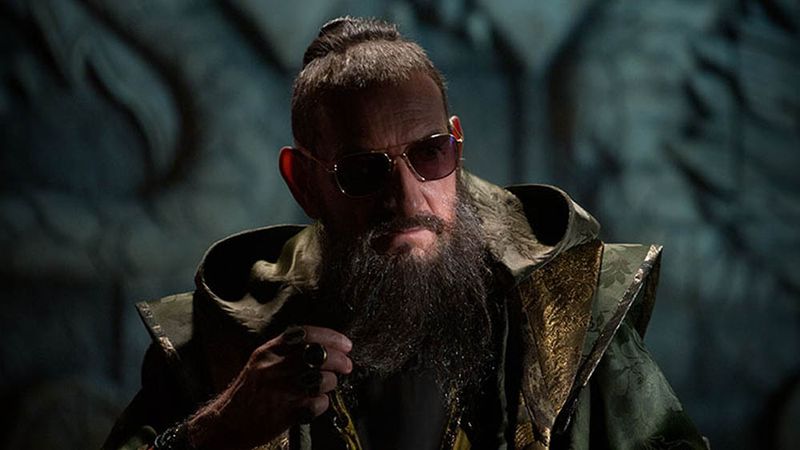
Audiences were hyped for the Mandarin, one of Iron Man’s most iconic comic book foes. The trailers promised a dark, menacing villain who could push Tony Stark to his limits. Instead, fans got Trevor Slattery, a bumbling actor who was only pretending to be the Mandarin.
For some, this bait-and-switch was clever satire. But for many die-hard fans, it felt like Marvel had pulled the rug out from under them. The backlash was immediate and intense, with people accusing Marvel of disrespecting the source material.
Although Shang-Chi and the Legend of the Ten Rings later “fixed” the Mandarin storyline, the damage had already been done. The disappointment around Iron Man 3’s twist remains one of the biggest controversies in MCU history.
2. Thor: The Dark World’s Weak Villain (Malekith)
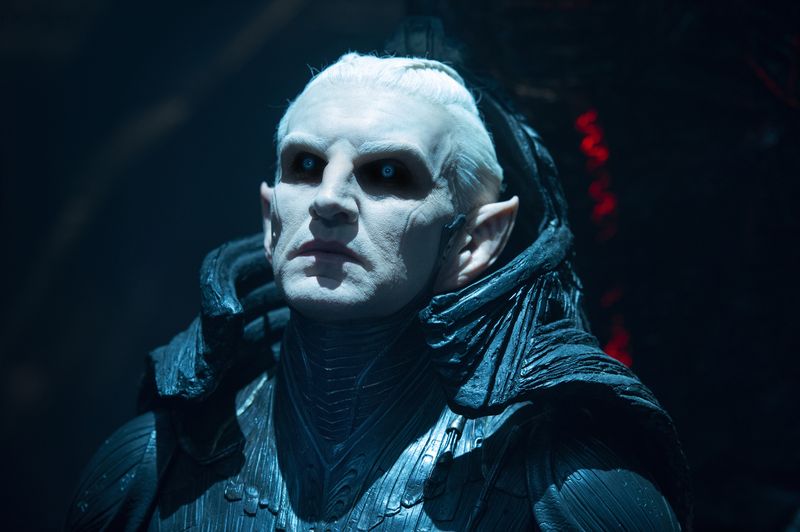
Christopher Eccleston is a phenomenal actor, but you’d never know it from Thor: The Dark World. Malekith, the leader of the Dark Elves, had the potential to be a chilling, powerful villain. Instead, he ended up as one of the MCU’s most forgettable characters.
Fans blasted Marvel for wasting such talent on a role that lacked depth, motivation, and personality. Malekith’s plan was generic at best, and his presence barely left an impact on the overall franchise.
The weak villain problem didn’t just hurt the movie—it cemented Thor: The Dark World as one of the least-loved films in the MCU. Even today, when people rank Marvel villains, Malekith almost always lands near the very bottom.
3. Killing Quicksilver in Age of Ultron
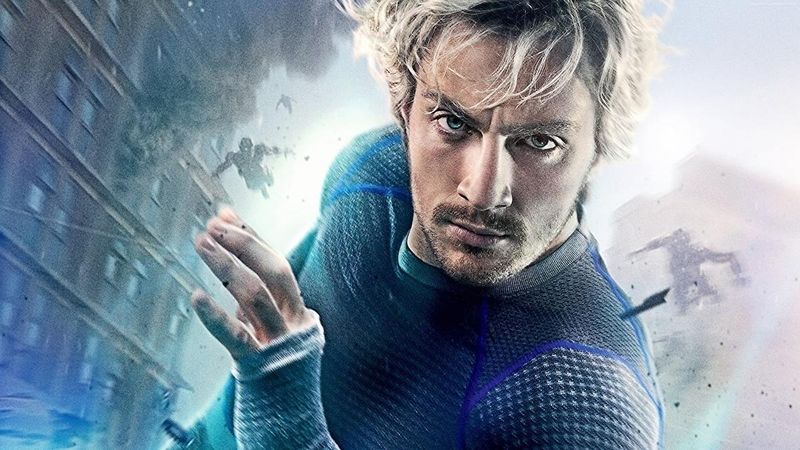
When Quicksilver zoomed onto the screen in Age of Ultron, fans were thrilled to see the speedster join the Avengers. His sibling banter with Wanda Maximoff added heart to the film, and audiences quickly grew attached. That’s why his sudden death left viewers completely stunned—and furious.
The decision to kill Quicksilver felt cheap to many, especially since his sacrifice didn’t carry the long-term emotional weight Marvel seemed to expect. Unlike Tony or Natasha’s eventual deaths, Quicksilver’s demise was rarely revisited in future films.
Fans accused Marvel of wasting an exciting character with massive potential. To this day, many still argue that Pietro Maximoff deserved better and could have played a larger role in the Infinity Saga.
4. Age of Ultron’s “Natasha is a Monster” Scene
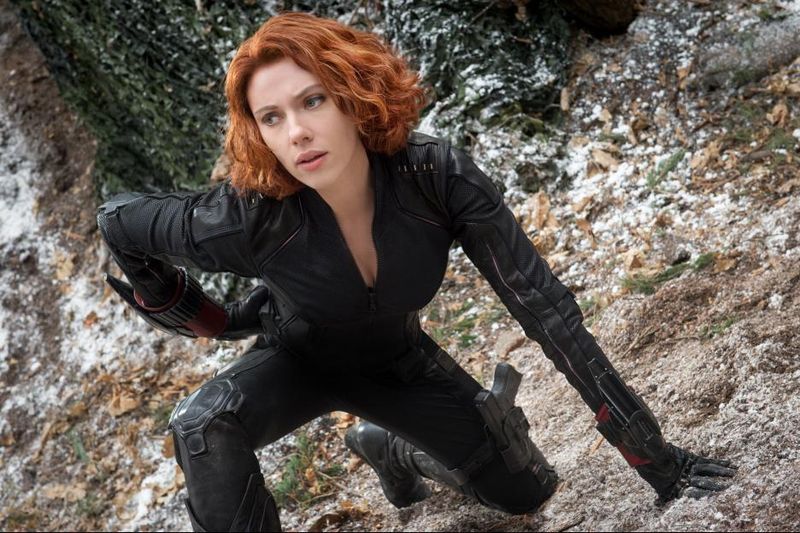
Black Widow’s story arc in Age of Ultron was supposed to deepen her character, but it ended up sparking outrage. During a heartfelt moment with Bruce Banner, Natasha Romanoff reveals she cannot have children, and then calls herself a monster.
Viewers immediately criticized the implication that infertility defined her worth—or worse, made her monstrous. The backlash was swift, with critics pointing out that Natasha was reduced to a tired trope rather than given the complex narrative she deserved.
Marvel tried to walk back the controversy, but the damage was done. For many fans, this scene remains one of the MCU’s most tone-deaf missteps, especially in how it handled its first major female Avenger.
5. Civil War’s Underwhelming “Death” of War Machine
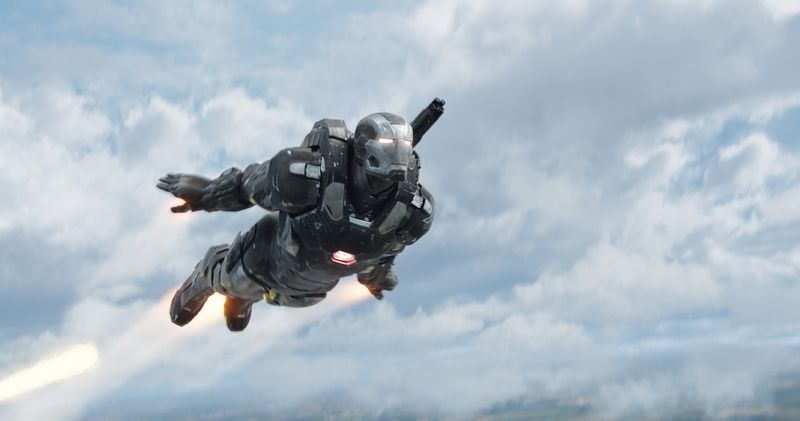
The trailers for Captain America: Civil War promised a heartbreaking loss. Shots of War Machine falling from the sky had fans bracing themselves for the death of James Rhodes. By the time the film hit theaters, speculation ran wild about how his loss would fracture the Avengers forever.
But then came the reveal: Rhodey survived, paralyzed but alive. While the scene was emotional, many viewers felt cheated. Marvel had dangled the possibility of a major death, only to backpedal at the last second.
The backlash centered around Marvel’s unwillingness to take risks. Fans argued that playing it safe with War Machine’s fate weakened the stakes of Civil War, making it feel more like a fake-out than a game-changer.
6. Doctor Strange’s Whitewashed Ancient One
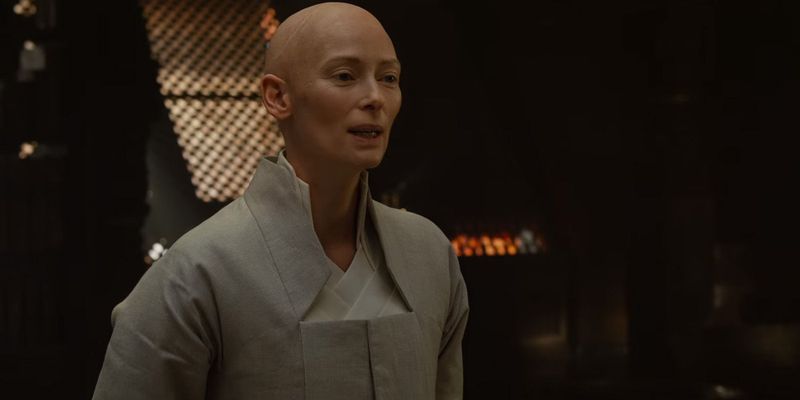
Casting Tilda Swinton as the Ancient One sparked immediate backlash. In the comics, the character is Tibetan, and many fans expected Marvel to embrace that cultural background. Instead, the decision to make the role “race-neutral” was seen as another example of Hollywood whitewashing.
Marvel defended the choice, saying it was an attempt to avoid stereotypes. But critics argued it stripped away representation in a franchise already lacking Asian characters at the time.
The controversy overshadowed much of Doctor Strange’s release. While Swinton’s performance was praised, the backlash highlighted Marvel’s ongoing struggle with diversity—something fans continued to demand more of in later phases of the MCU.
7. Iron Man’s “Civil War” Plot Overshadowing Cap
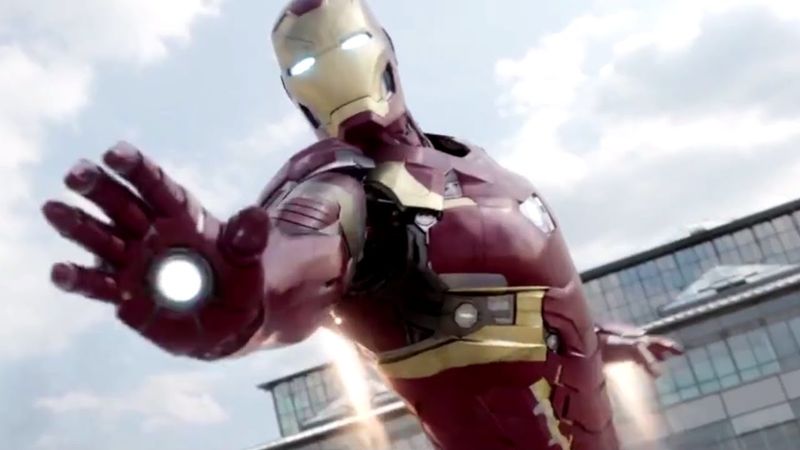
Captain America: Civil War may have had Cap’s name in the title, but it often felt like Tony Stark’s movie. The conflict revolved heavily around Iron Man’s guilt, grief, and leadership clashes, leaving some fans frustrated that Steve Rogers’ story was sidelined.
While the film delivered iconic action and drama, the imbalance in storytelling created heated debates online. Was this really a Captain America film, or just Avengers 2.5 featuring Iron Man as the emotional core?
For many, the focus shift dulled Cap’s arc. Civil War was supposed to be about his unwavering belief in freedom versus control, but instead, much of the spotlight landed on Tony’s trauma.
8. Spider-Man: Homecoming’s “Iron Boy Jr.” Criticism
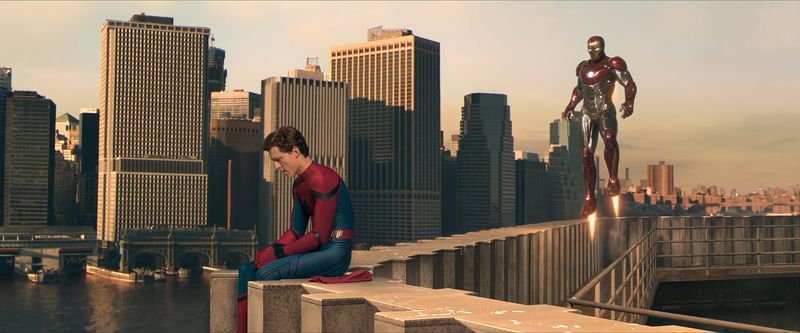
Tom Holland’s Spider-Man was adored by many, but not everyone was impressed. A vocal portion of the fandom accused Marvel of turning Peter Parker into “Iron Boy Jr.” because of his reliance on Tony Stark’s tech and mentorship.
This take argued that Spider-Man’s appeal has always been his underdog struggle—making his own gadgets, balancing school, and protecting New York with limited resources. By tying him so closely to Iron Man, Marvel seemed to strip away Peter’s independence.
Though Homecoming was a hit, the criticism never went away. Even later films had to wrestle with this narrative, especially as Spider-Man grew into his own hero after Tony’s death.
9. Thor: Ragnarok’s Destruction of Asgard
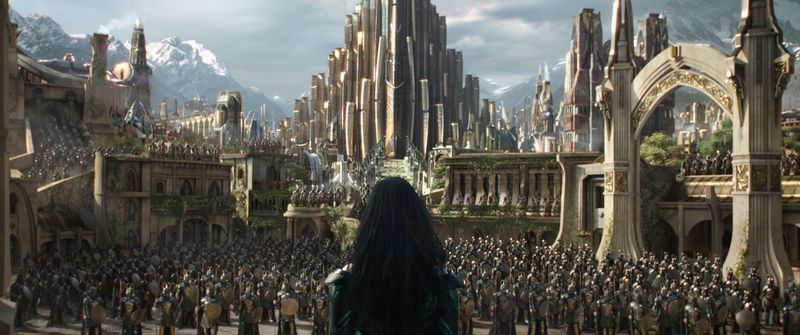
Thor: Ragnarok reinvented the God of Thunder with humor, color, and a wild cosmic adventure. While many loved the film’s fresh tone, others thought the destruction of Asgard was treated too lightly.
The fall of Thor’s homeworld—a massive event in Norse and Marvel lore—was presented with jokes and slapstick moments. Fans argued that the gravity of Asgard’s annihilation was undercut by comedic beats.
Though the movie is often hailed as one of the MCU’s best, the handling of this storyline left a sour taste for some viewers. They wanted more emotional weight behind the loss of Thor’s people, not just laughs and quips.
10. Killing Heimdall in Infinity War
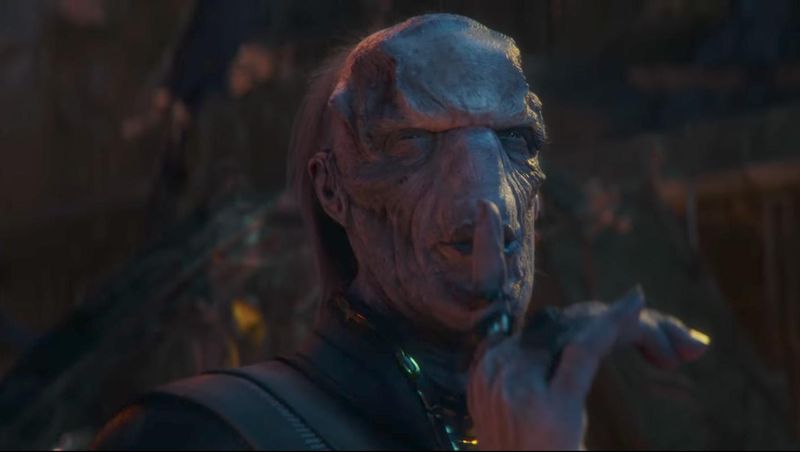
Idris Elba brought gravitas and quiet strength to Heimdall, making him one of the most beloved supporting characters in Thor’s world. That’s why his death in Infinity War felt especially harsh.
The brutal killing, which happens almost immediately in the film, was seen as another example of Marvel discarding characters of color too quickly. Fans were outraged that Heimdall was killed off with little ceremony, robbing him of a more meaningful sendoff.
While his final act—saving Hulk—was noble, many argued it wasn’t enough. Heimdall deserved more time, more story, and more respect than a quick execution at Thanos’s hand.
11. Gamora’s Death in Infinity War
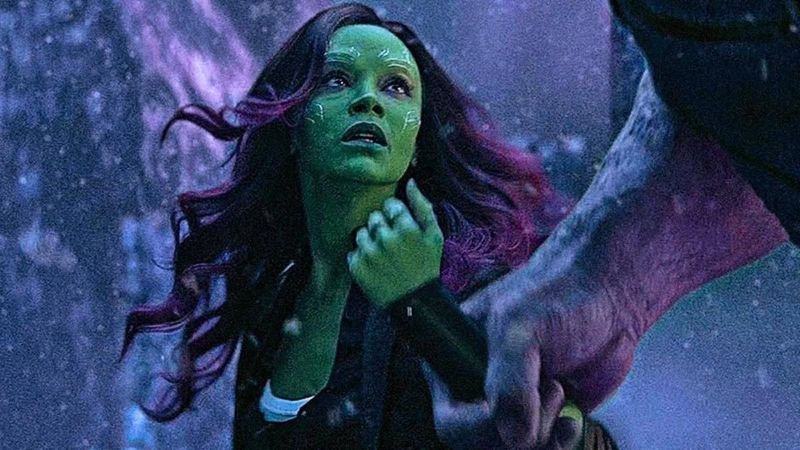
Gamora’s relationship with Thanos was one of the most intriguing parts of the MCU. But her shocking death in Infinity War sparked backlash. Critics accused Marvel of “fridging” her—killing off a female character to further a male character’s story.
Thanos throwing Gamora off Vormir became a pivotal emotional beat, but many felt it cheapened her character arc. She had grown beyond her abusive father, only to die as a plot device for his quest.
Even with her alternate-timeline return in Endgame, fans still point to this moment as one of Marvel’s most tone-deaf decisions. Gamora deserved an ending that reflected her strength and growth.
12. The Hulk Being “Nerfed” in Infinity War
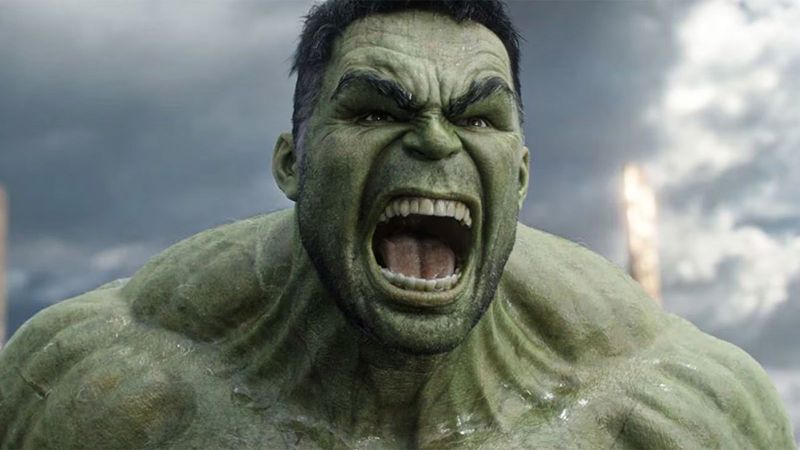
Fans had waited years for the rematch between Hulk and Thanos. Instead, Hulk was easily defeated in the opening minutes of Infinity War and then refused to reappear for the rest of the film.
The decision angered audiences, who felt robbed of seeing the Hulk at full power during one of Marvel’s biggest battles. The “Hulk hiding” storyline was meant to explore his inner conflict, but most fans saw it as Marvel sidelining one of their strongest heroes.
The backlash carried over into Endgame, where Hulk’s transformation into “Smart Hulk” left fans further divided. For many, the character never recovered from his Infinity War treatment.
13. Fat Thor in Endgame
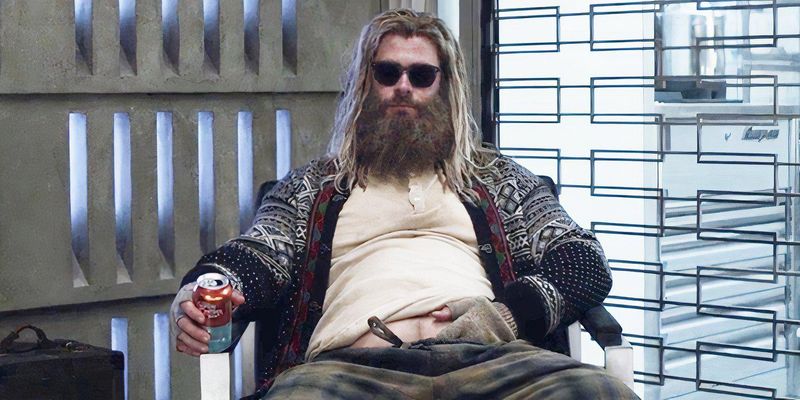
When Thor reappeared in Endgame, fans expected a powerful, determined God of Thunder. Instead, they were greeted with “Fat Thor”—a depressed, beer-guzzling version played mostly for laughs.
Some viewers found the storyline sympathetic, showing how trauma can affect even the strongest heroes. But others called it fatphobic, saying the character was turned into a punchline. The jokes about his weight felt mean-spirited to many.
The controversy became one of Endgame’s biggest talking points. While Thor eventually proved himself heroic, the way his condition was handled left fans debating whether Marvel mocked mental health instead of portraying it with empathy.
14. Black Widow’s Death in Endgame
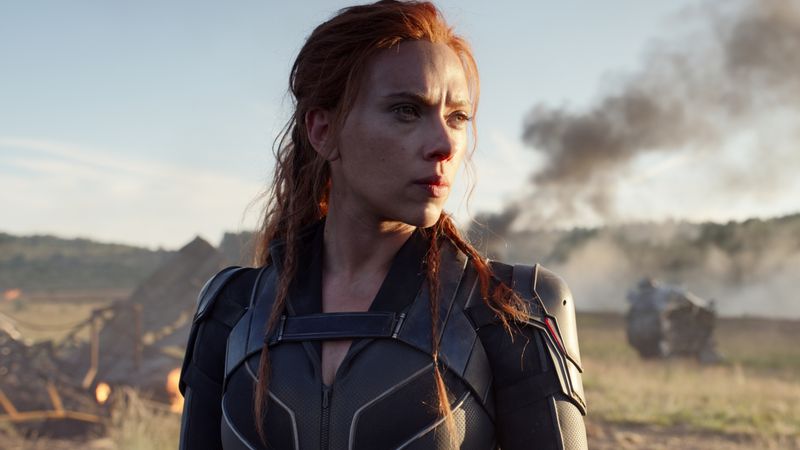
Natasha Romanoff’s sacrifice on Vormir should have been a triumphant moment. Instead, it became one of the most controversial decisions in the MCU. Fans felt her death was overshadowed by Tony’s later sacrifice, with far less emotional weight given to her goodbye.
Critics also pointed out that Marvel had promised Black Widow her own solo film years earlier, but killed her before delivering on it. Her death came across as rushed, unfair, and poorly timed.
The backlash was so strong that even after Black Widow’s solo film was released posthumously, it couldn’t undo the sense that Marvel had mishandled one of its most important female characters.
15. Cap Giving the Shield to Sam Instead of Bucky
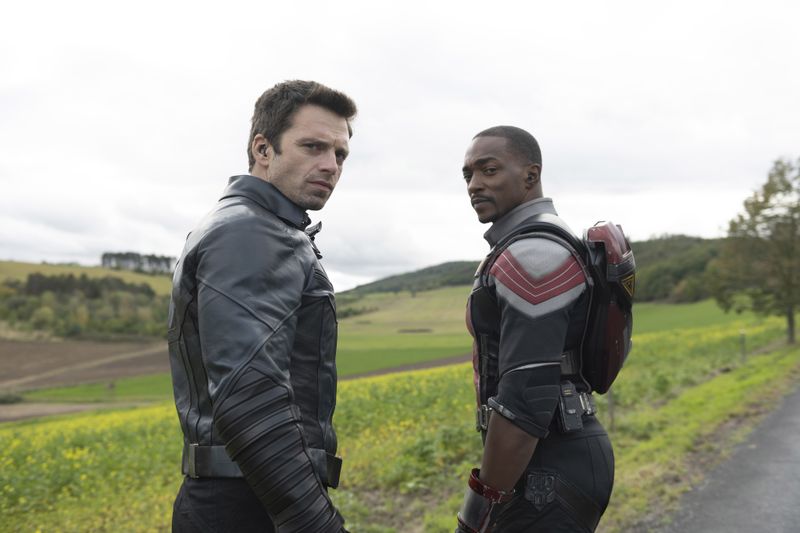
At the end of Endgame, Steve Rogers passes the Captain America shield to Sam Wilson instead of Bucky Barnes. While many celebrated the choice, a sizable group of fans felt betrayed.
The argument centered on legacy. Bucky, as Steve’s lifelong best friend, had a deep history tied to the Captain America mantle in the comics. To some, overlooking him felt like erasing that connection.
Although The Falcon and the Winter Soldier later explored Sam’s journey beautifully, the initial decision still divided audiences. It highlighted how passionate fans were about the comics—and how Marvel’s choices didn’t always align with expectations.
16. Cap Staying in the Past in Endgame
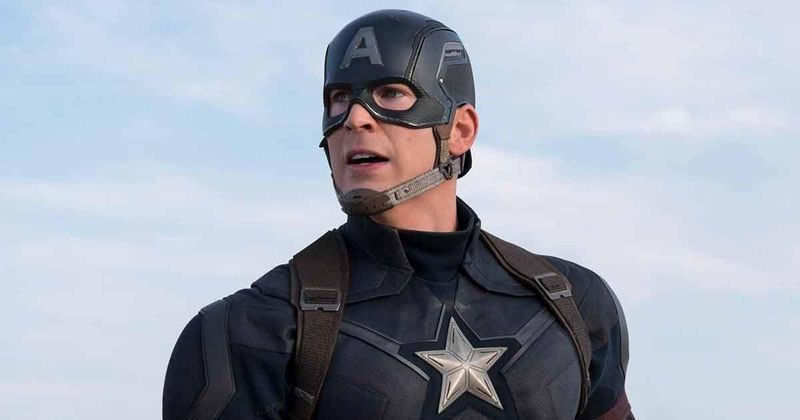
Steve Rogers’ ending was meant to be heartfelt: the soldier finally getting his dance with Peggy Carter. But not everyone was moved.
Many fans argued that Cap abandoning the present and his teammates went against his core values. After all, he had spent years preaching about fighting the good fight, only to walk away. Some even called it selfish, leaving Bucky behind after all their shared trauma.
The debate continues today. Was it romantic closure, or a betrayal of Captain America’s character arc? Depending on who you ask, it’s either one of the MCU’s best or worst endings.
17. Tony Stark’s Death in Endgame
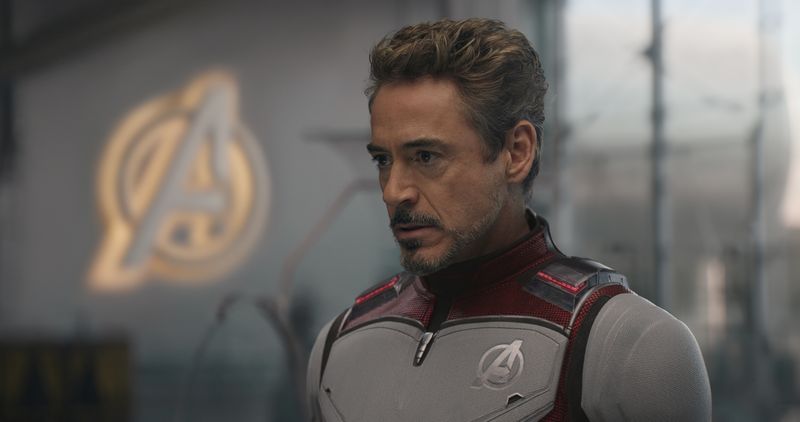
Iron Man’s death was emotional, powerful, and seemingly inevitable. But that didn’t stop the backlash. Some fans accused Marvel of manipulating audiences, building up Tony only to rip him away in the end.
Others argued that Iron Man didn’t need to die at all. With his character growth complete, they felt he could have retired peacefully with Pepper and Morgan. Instead, Marvel chose the more tragic route.
Though many still cry during Tony’s “I am Iron Man” moment, the controversy proves one thing: no matter how epic the farewell, not every fan was ready to say goodbye.
18. Far From Home’s “Multiverse Fake-Out”
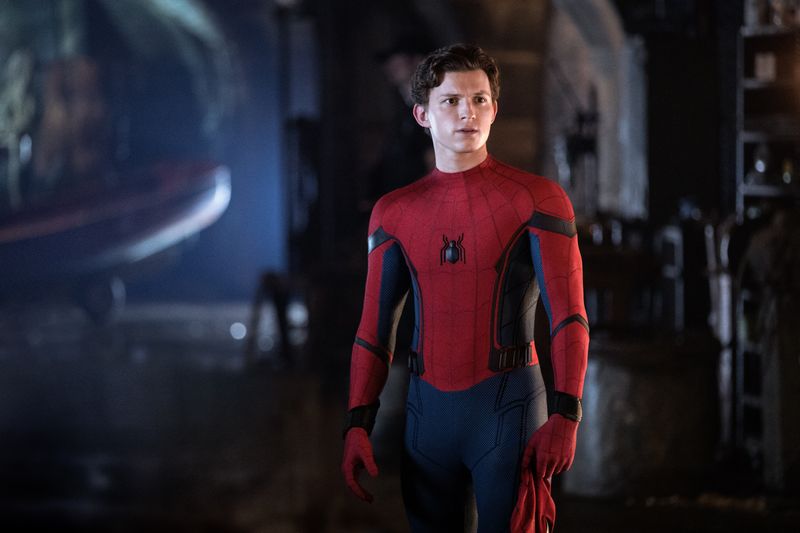
The trailers for Spider-Man: Far From Home teased an exciting development: the multiverse was real. Fans speculated endlessly about how this would open doors for X-Men, Fantastic Four, and more.
But when the film revealed Mysterio was lying, audiences felt duped. The fake-out left many furious that Marvel had dangled the multiverse only to snatch it away.
While later movies embraced the concept, Far From Home’s misdirection is still remembered as one of Marvel’s biggest troll jobs. It created expectations that the film never intended to fulfill, and that left fans with whiplash.
19. WandaVision’s “Mephisto” Teases
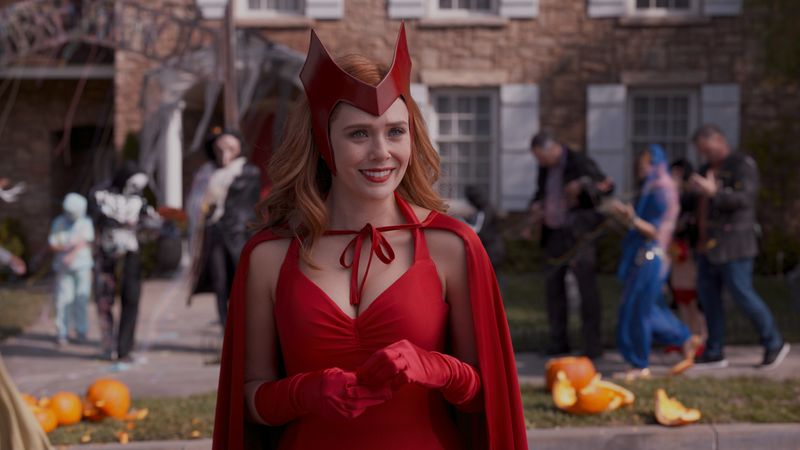
Marvel fans love to speculate, but WandaVision practically begged for it. The strange clues, devilish imagery, and cryptic lines had audiences convinced that Mephisto—the devil of the Marvel universe—was pulling the strings.
Week after week, theories exploded online. But when the finale revealed that the big bad was just Agatha Harkness, many viewers felt cheated. The show’s refusal to pay off the buildup fueled massive backlash.
While WandaVision is still praised for its creativity, the disappointment over Mephisto remains legendary. It was the moment fans realized Marvel teases don’t always deliver.
20. Wanda’s Villain Turn in Multiverse of Madness
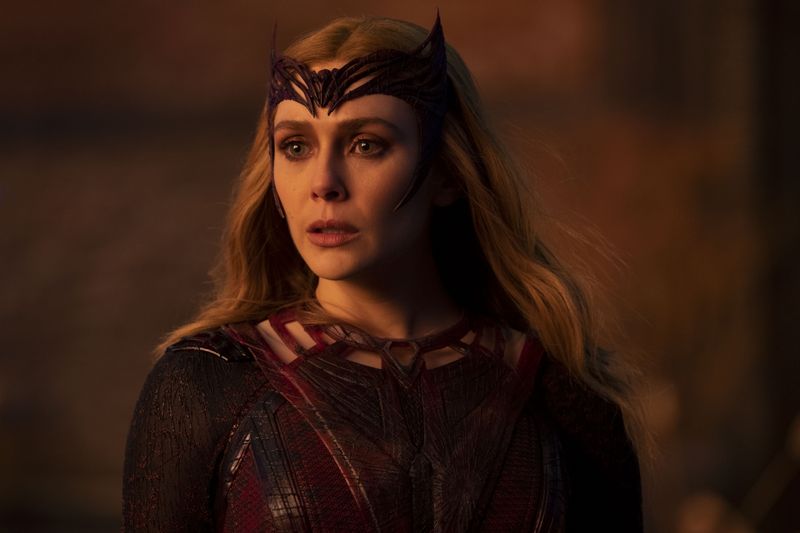
Wanda Maximoff’s transformation into the Scarlet Witch was highly anticipated. But Multiverse of Madness shocked many by turning her into a full-blown villain.
Critics argued it completely undermined her growth in WandaVision, where she had come to terms with her grief and let go of her fabricated family. The sudden heel turn felt lazy, reducing her to a one-note “evil mother” trope.
The backlash was loud and emotional. Wanda was one of Marvel’s most beloved characters, and many fans believed she deserved a more nuanced journey instead of becoming a destructive force overnight.
21. Doctor Strange in the Multiverse of Madness Killing the Illuminati So Quickly
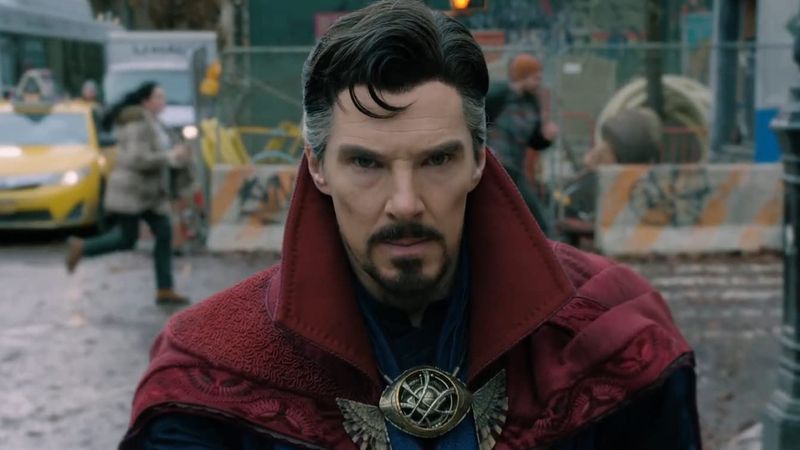
The introduction of the Illuminati was supposed to be a jaw-dropping moment. Professor X, Reed Richards, and others finally appeared in the MCU. But their brutal deaths at Wanda’s hands left fans fuming.
Instead of showcasing their power and importance, Marvel treated the group as cannon fodder to demonstrate Wanda’s strength. For many, this was a wasted opportunity to build hype for future stories.
The backlash wasn’t just about the deaths—it was about the squandered potential. Marvel had teased long-awaited cameos only to wipe them away in minutes.
22. The Eternals’ Inclusion of Harry Styles as Eros
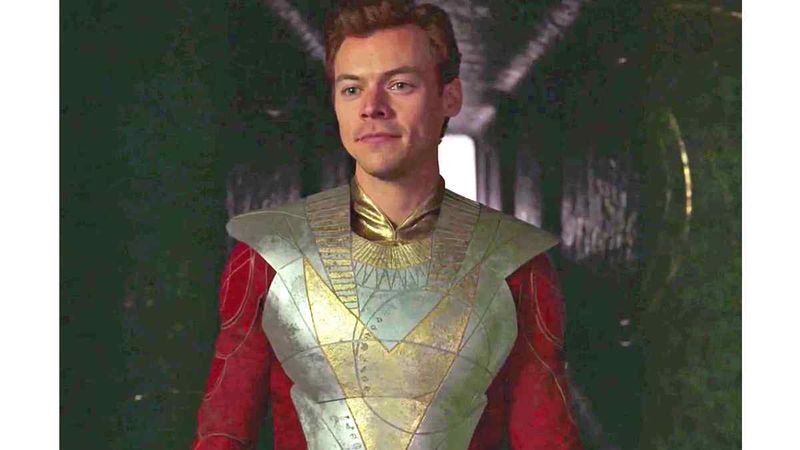
When Harry Styles appeared in Eternals as Eros, the internet exploded—but not all in a good way.
Some fans loved the casting, thrilled to see the pop star join the MCU. Others, however, saw it as a cheap stunt to attract headlines and new audiences. Critics argued the choice distracted from the film’s story and felt gimmicky.
The backlash reflected Marvel’s growing reliance on celebrity cameos. Instead of excitement, many fans rolled their eyes at what they saw as pandering to mainstream hype.
23. She-Hulk’s Meta Finale
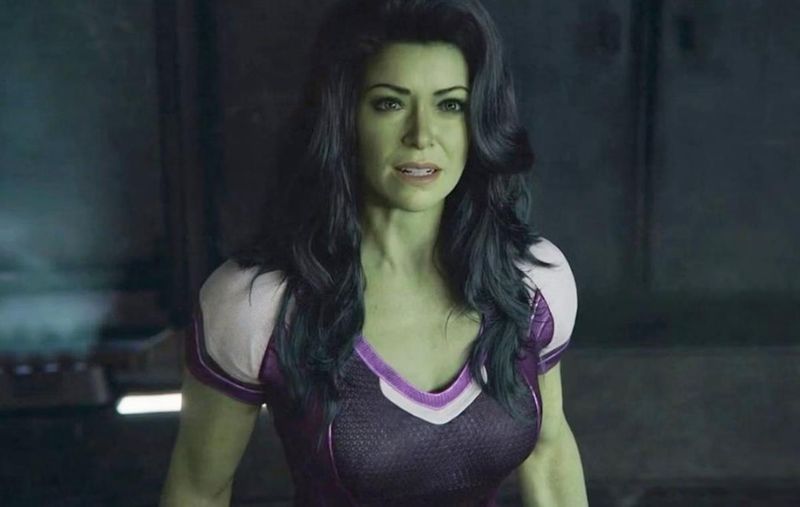
She-Hulk’s finale was one of the MCU’s most experimental endings. Breaking the fourth wall, Jennifer Walters literally rewrote her story by confronting Marvel’s AI “K.E.V.I.N.”.
While some praised the bold choice, others hated it. The backlash came from fans who expected a proper showdown, not a tongue-in-cheek jab at superhero clichés. To them, the finale felt anticlimactic and dismissive.
The debate over She-Hulk’s ending still lingers. Was it clever commentary, or lazy storytelling that robbed fans of a satisfying payoff?
24. Quantumania’s “Jokey” Kang
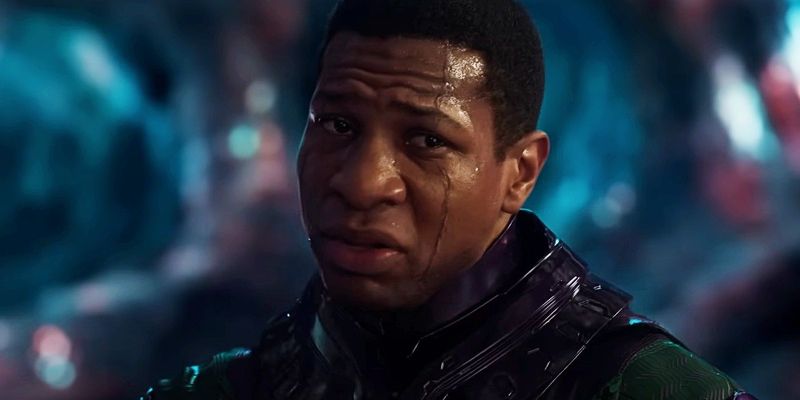
Kang the Conqueror was supposed to be Marvel’s next big threat. But Ant-Man and the Wasp: Quantumania turned him into a surprisingly underwhelming villain.
Despite Jonathan Majors’ commanding performance, Kang was defeated in what many considered a weak, anticlimactic way. The film’s jokey tone also clashed with his supposed menace, leaving fans confused about whether to fear him or laugh at him.
The backlash grew louder as audiences wondered if Kang could ever live up to the hype. For Marvel’s new “big bad,” this was not the debut fans wanted.
25. Secret Invasion’s Nick Fury Reveal
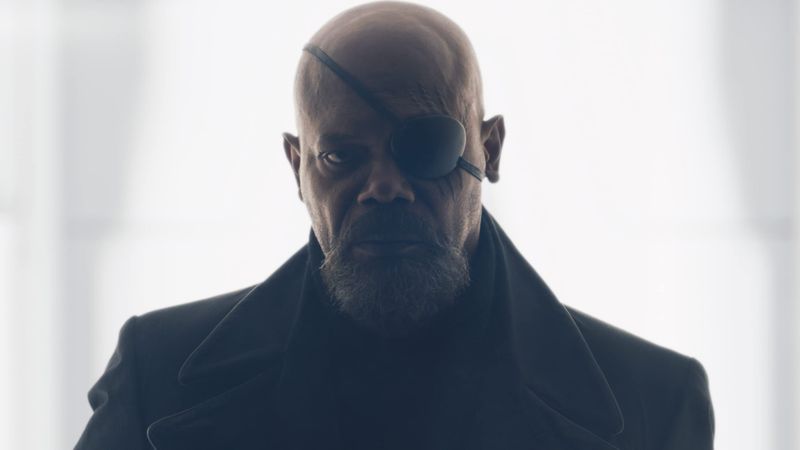
Secret Invasion promised to be a gritty, paranoid thriller. Instead, its finale left many fans scratching their heads—and fuming.
The big reveal that Nick Fury wasn’t even Nick Fury in some crucial scenes undercut the entire story. Fans accused Marvel of wasting Samuel L. Jackson’s character with lazy writing and unsatisfying twists.
The backlash was intense, with many calling Secret Invasion one of the MCU’s worst projects. Instead of redefining Fury, the show damaged his legacy.

Comments
Loading…